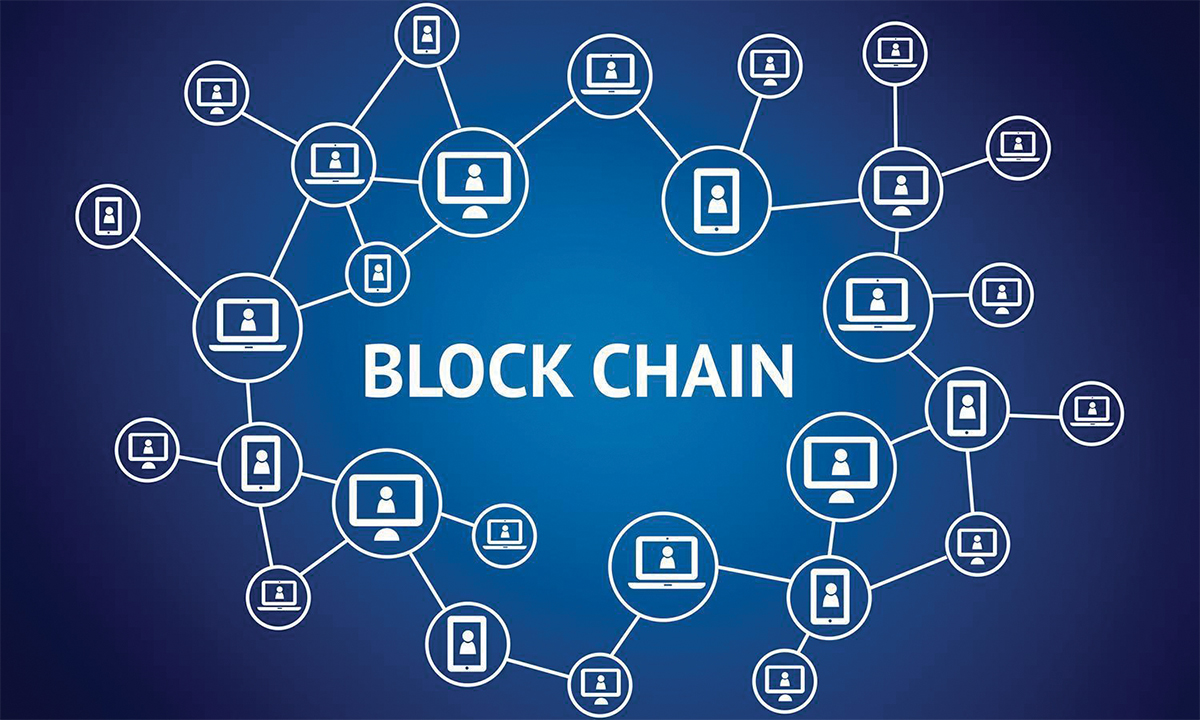Rise by Six: Your Daily Dose of Inspiration
Explore insights and stories that elevate your day.
Blockchain: The Invisible Revolution Behind Everyday Life
Discover how blockchain is transforming everyday life in ways you never imagined. Dive into the invisible revolution now!
Understanding Blockchain: How It Powers Your Daily Transactions
Blockchain is revolutionizing the way we conduct our daily transactions, from online shopping to bank transfers. At its core, blockchain is a decentralized digital ledger that records all transactions across a network of computers. This means that each transaction is verified by multiple participants, ensuring transparency and security. With blockchain, the possibility of fraud is significantly reduced, making your financial transactions safer. Moreover, blockchain technology promotes trust among users, as every participant has access to the same data, thus eliminating the need for intermediaries like banks and credit card companies.
Every time you make a purchase, send money, or transfer digital assets, a blockchain facilitates these actions through its unique structure. Transactions are grouped into blocks and linked together through cryptographic hashes, forming a chain that is immutable and transparent. This system not only accelerates transaction speeds but also reduces costs associated with traditional financial methods. Therefore, whether you’re using cryptocurrency like Bitcoin or engaging in traditional banking methods that leverage blockchain technologies, understanding this system empowers you to make better financial decisions and enhances your daily monetary interactions.

The Hidden Applications of Blockchain in Everyday Life
The implementation of blockchain technology extends beyond cryptocurrencies and financial services, reaching into various facets of our daily lives. For instance, blockchain can enhance food supply chain transparency. By utilizing blockchain, consumers can trace the origins of their food products, ensuring quality and sustainability. Each step of the supply chain can be recorded on a decentralized ledger, allowing everyone from farmers to retailers to verify the authenticity and safety of food. This transparency not only builds consumer trust but also aids in tracking and responding to foodborne illnesses more efficiently.
Another intriguing application of blockchain lies in the realm of identity management. Traditional identity verification processes are often cumbersome and susceptible to fraud. However, with blockchain, individuals can have secure digital identities that are easily verifiable and resistant to tampering. This technology is particularly useful in sectors such as healthcare, where patient records can be securely shared among multiple providers while maintaining privacy. By streamlining access to verified identities, blockchain can significantly enhance the efficiency of various services, from banking to travel.
What You Need to Know About Blockchain's Impact on Security and Trust
Blockchain technology is revolutionizing the way we think about security and trust in digital transactions. By providing a decentralized and immutable ledger, blockchain eliminates the need for intermediaries, mitigating risks associated with fraud and data manipulation. Each transaction is encrypted and linked to the previous one, making it nearly impossible for hackers to alter information without detection. As a result, businesses and individuals can engage in transactions with greater confidence, knowing that their data is secure and transparent.
Furthermore, the implications of blockchain extend beyond mere financial transactions. Industries such as healthcare, supply chain management, and real estate are beginning to adopt blockchain solutions to enhance security and build consumer trust. For instance, in healthcare, patient records can be stored on a blockchain, ensuring that only authorized personnel have access, thus protecting sensitive information. Similarly, in supply chain management, blockchain provides a clear and verifiable history of product origins, greatly reducing the risk of fraud and enhancing consumer trust in the products they purchase.